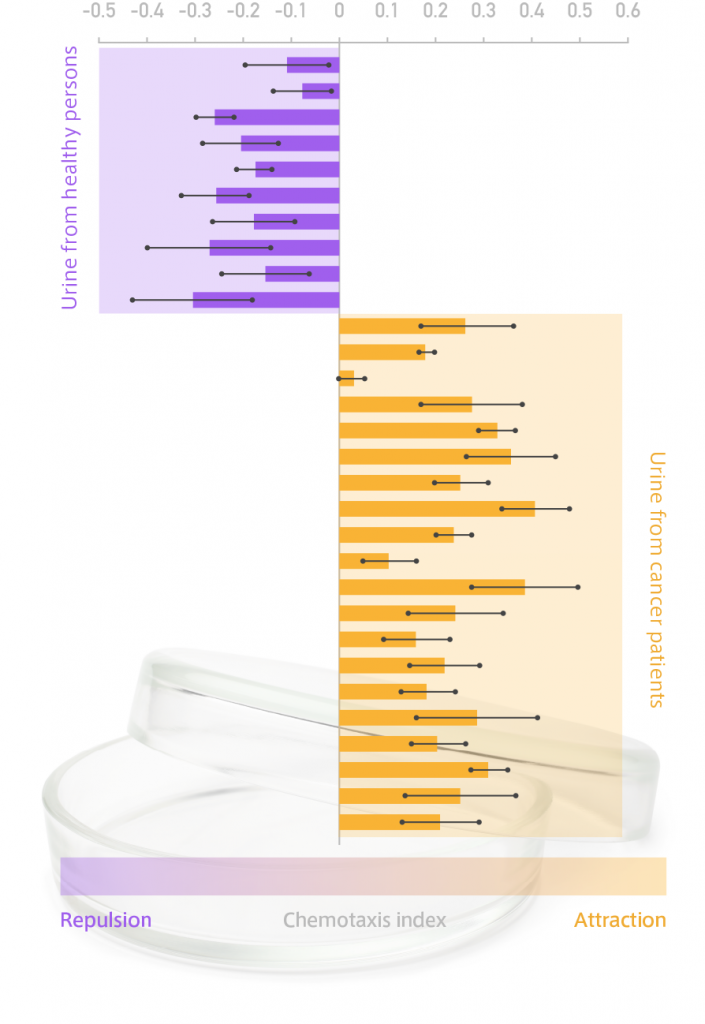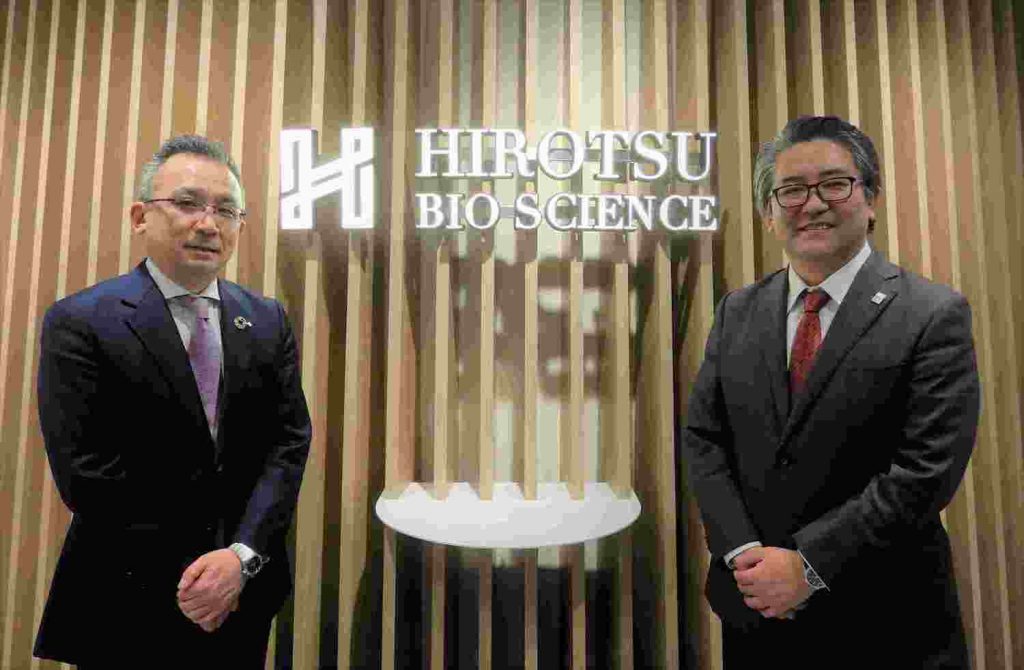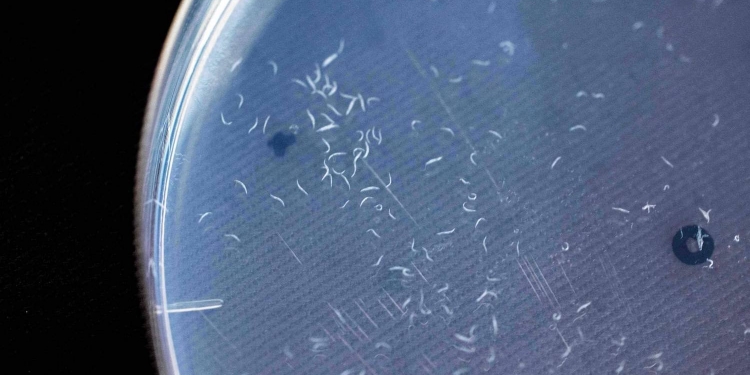Japanese biotech firm Hirotsu Bio Science Inc. developed a cancer screening test using nematode worms that’s able to detect early signs of cancer in urine samples. The ‘N-nose’ test, short for ‘nematode nose’, was found to be 100% accurate in detecting pancreatic cancer and 91.3% for other types of cancer.
The firm is hoping to commercialise the cancer screening test within the next year.
How does N-nose work?
N-nose works because of the Caenorhabditis elegans nematode worm, which was found to be able to sniff out cancer back in 2015. The worms are repulsed by the smell of urine from healthy persons, and attracted to urine from cancer patients.

In a recent finding, the firm analysed the nematode worm and found a gene that makes the olfactory receptors only react to the urine of pancreatic cancer patients. They’re also able to disable that gene, making the nematodes react to other cancers but not pancreatic cancer.
In separate tests conducted by the firm, the worms correctly identified all 22 urine samples from pancreatic cancer patients, including people with early stages of the disease.

Compared to dogs who can detect cancer, nematodes don’t need any training and they’re quite cheap since nematodes are inexpensive to breed.
Even though the test has a high specificity of 87.5%, the firm said that it should not be used for diagnosing pancreatic cancer. Instead, the goal for N-nose is to make it easier people to do cancer screening at home. According to the Organisation for Economic Co-operation and Development (OECD), Japanese patients showed up for cancer screenings more often than many countries. This problem was exacerbated by the pandemic, so the firm is hopeful that N-nose will help boost cancer screening rates in the future.
You can find out more about N-nose screen test on their official website.
[ SOURCE, IMAGE SOURCE ]








